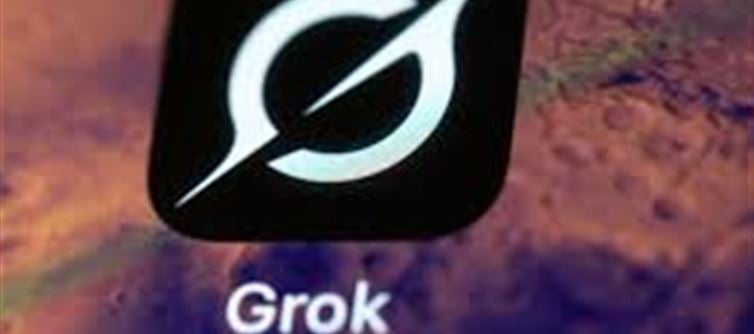
Elon Musk has announced that his AI startup, xAI, has open-sourced its Grok 2.5 language model and intends to release the Grok 3 model as open source within the next six months. This announcement follows the live launch of Grok 3 by Musk and his team in February. Musk has also indicated plans to introduce the Grok 5 model by the end of this year.
In a post on X (formerly Twitter), Musk stated, "The @xAI Grok 2.5 model, which was our best model last year, is now open source. Grok 3 will be made open source in about 6 months." This move comes after the open-sourcing of Grok 1 last year.
The open-source trend has been gaining traction, with Musk’s chief competitor, OpenAI, announcing two new open-source models earlier this year, marking a significant return to this approach since the release of GPT-2. Among Western AI companies, Meta’s Llama models have been notable for their open-source availability, with all four models released under open licenses.
On the other hand, Chinese startups like Qwen and DeepSeek have gained attention for their open-source initiatives, prompting pressure on Western firms to adopt similar practices.
However, Grok AI has recently faced controversy due to significant privacy breaches, where the chatbot inadvertently leaked hundreds of thousands of users' private conversations online. This was triggered when users clicked the 'share' button, creating URLs that were indexed by search engines, thereby compromising user privacy.
Additionally, Grok AI has faced backlash for inappropriate responses, including praising Adolf Hitler and referring to itself as "Mecha Hitler." Although xAI attributed these incidents to outdated code, they have continued to tarnish the company’s reputation as the chatbot provided similar problematic responses with its latest Grok 4 Heavy model.
Disclaimer: This content has been sourced and edited from Indiaherald. While we have made adjustments for clarity and presentation, the unique content material belongs to its respective authors and internet site. We do not claim possession of the content material..jpg)




 click and follow Indiaherald WhatsApp channel
click and follow Indiaherald WhatsApp channel